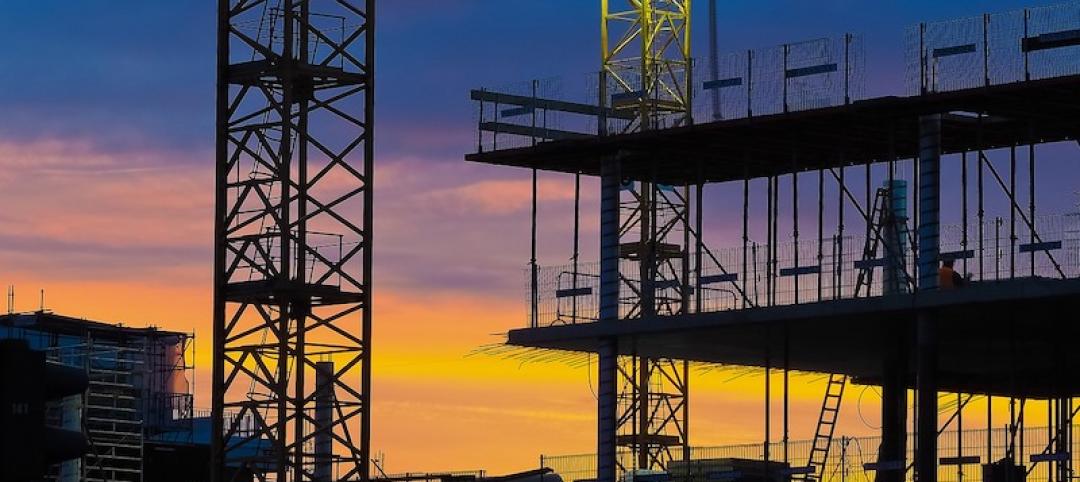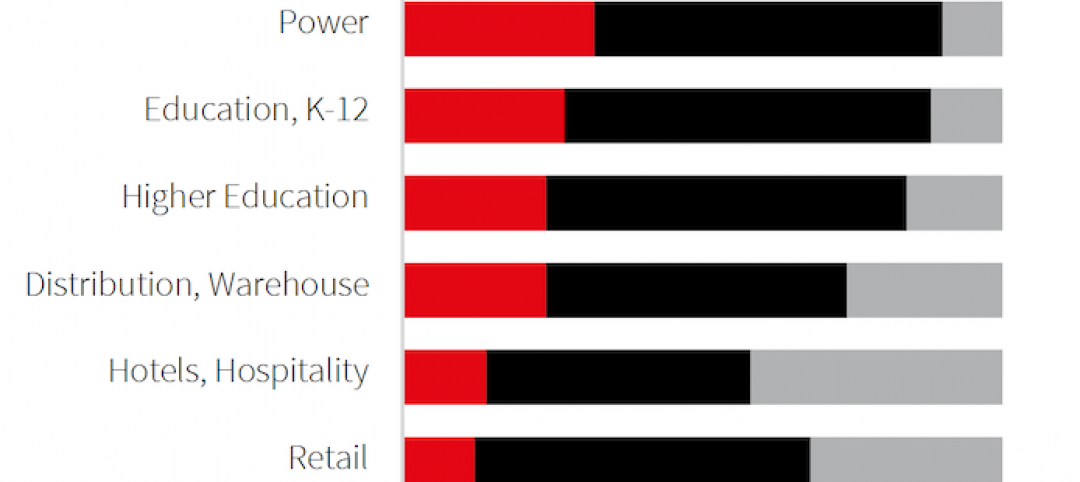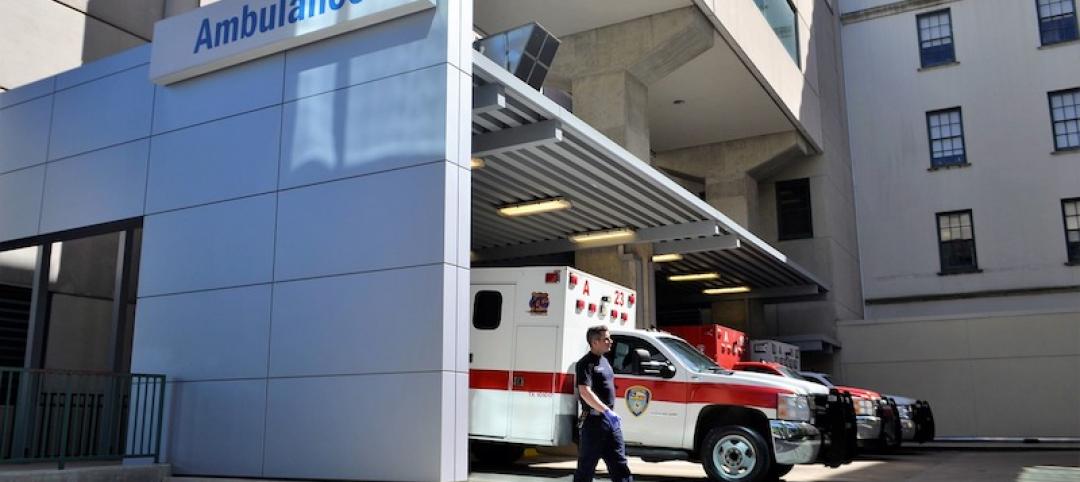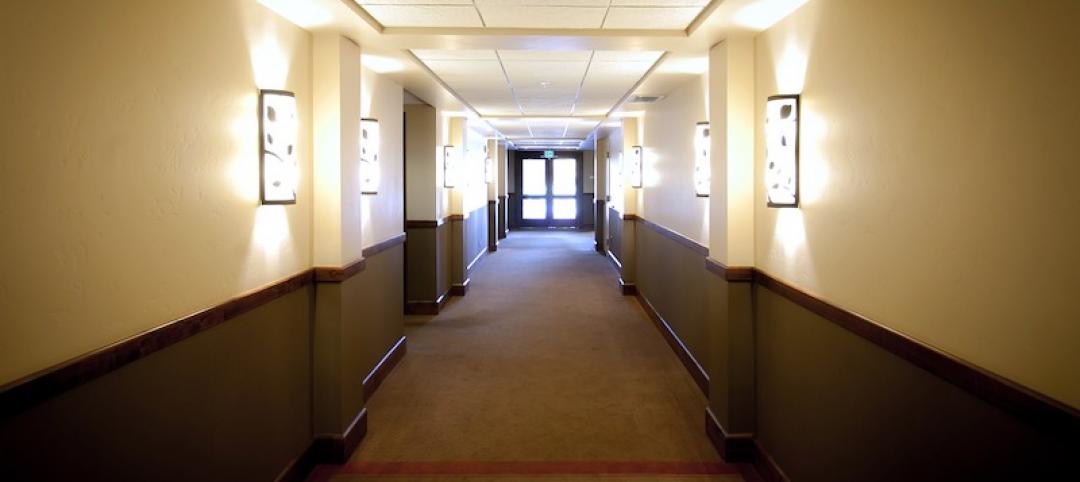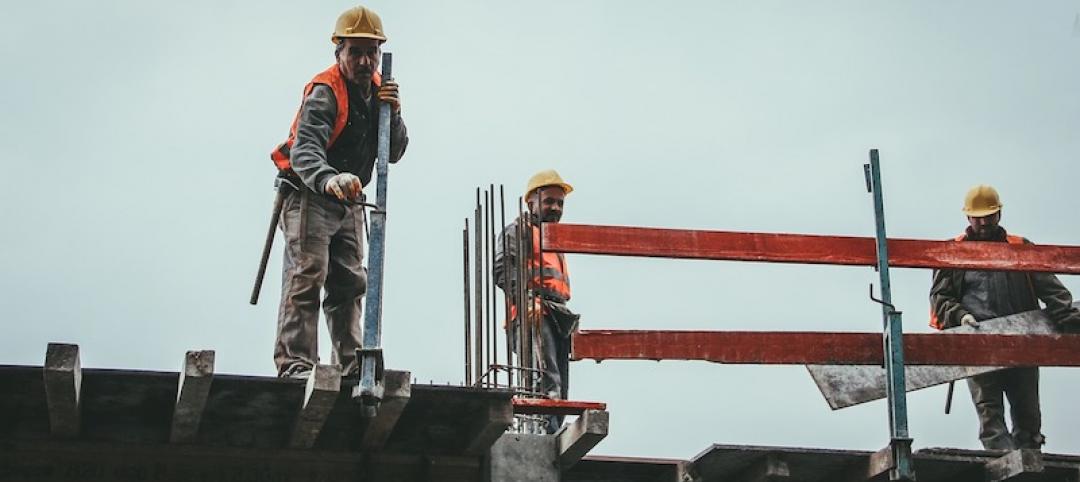Only 34% of the nation’s metro areas—just over one-third—added construction jobs from November 2019 to November 2020, according to an analysis of new government data that the Associated General Contractors of America released today. Association officials said large numbers of contractors are having to lay off workers once they complete projects begun before the pandemic because private owners and public agencies are hesitant to commit to new construction.
“Canceled and postponed projects appear to be more common than new starts for far too many contractors,” said Ken Simonson, the association’s chief economist. “Our association’s 2021 Construction Hiring and Business Outlook Survey found three times more contractors have experienced postponements and cancellations than new or expanded projects.”
Construction employment fell in 203, or 57%, of 358 metro areas between November 2019 and November 2020. Construction employment was stagnant in 33 additional metro areas, while only 122 metro areas—34%—added construction jobs during the past year.
Houston-The Woodlands-Sugar Land, Texas lost the most construction jobs over that span (-22,500 jobs, -9%), followed by New York City (-16,700 jobs, -11%); Midland, Texas (-9,800 jobs, -25%); Montgomery-Bucks-Chester counties, Pa. (-8,800 jobs, -16%); and Oakland-Hayward-Berkeley, Calif. (-8,400 jobs, -11%). Brockton-Bridgewater-Easton, Mass. had the largest percentage decline (-40%, -2,200 jobs), followed by Altoona, Pa. (-35%, -1,100 jobs); Bloomsburg-Berwick, Pa. (-31%, -400 jobs); Johnstown, Pa. (-31%, -800 jobs); and East Stroudsburg, Pa. (-30%, -600 jobs).
Phoenix-Mesa-Scottsdale, Ariz. added the most construction jobs over the year (4,700 jobs, 3%), followed by Baltimore-Columbia-Towson, Md. (4,500 jobs, 5%); Boise, Idaho (4,300 jobs, 16%); Dallas-Plano-Irving, Texas (3,700 jobs, 2%); and Seattle-Bellevue-Everett, Wash. (3,600 jobs, 3%). Walla Walla, Wash. had the highest percentage increase (17%, 200 jobs), followed by Boise; Oshkosh-Neenah, Wisc. (16%, 900 jobs); and Springfield, Mo. (16%, 1,500 jobs).
Association officials said many metro areas were likely to lose more construction jobs amid declining demand and continued project cancellations and delays. They added that a clearer picture of what is in store for the industry will emerge on Thursday, January 7, when the association releases the 2021 Construction Hiring and Business Outlook it prepared with Sage.
“Construction employment is likely to fall further in many parts of the country as the coronavirus continues to weigh on demand for nonresidential projects,” said Stephen E. Sandherr, the association’s chief executive officer. “Unless market conditions change rapidly, this year is likely to prove very challenging for many construction employers.”
View the metro employment 12-month data, rankings, top 10, new highs and lows, map.
Related Stories
Coronavirus | Mar 20, 2020
Pandemic has halted or delayed projects for 28% of contractors
Coronavirus-caused slowdown contrasts with January figures showing a majority of metro areas added construction jobs; Officials note New infrastructure funding and paid family leave fixes are needed.
Market Data | Mar 17, 2020
Construction spending to grow modestly in 2020, predicts JLL’s annual outlook
But the coronavirus has made economic forecasting perilous.
Market Data | Mar 16, 2020
Grumman/Butkus Associates publishes 2019 edition of Hospital Benchmarking Survey
Report examines electricity, fossil fuel, water/sewer, and carbon footprint.
Market Data | Mar 12, 2020
New study from FMI and Autodesk finds construction organizations with the highest levels of trust perform twice as well on crucial business metrics
Higher levels of trust within organizations and across project teams correlate with increased profit margins, employee retention and repeat business that can all add up to millions of dollars of profitability annually.
Market Data | Mar 11, 2020
The global hotel construction pipeline hits record high at 2019 year-end
Projects currently under construction stand at a record 991 projects with 224,354 rooms.
Market Data | Mar 6, 2020
Construction employment increases by 43,000 in February and 223,000 over 12 months
Average hourly earnings in construction top private sector average by 9.9% as construction firms continue to boost pay and benefits in effort to attract and retain qualified hourly craft workers.
Market Data | Mar 4, 2020
Nonresidential construction spending attains all-time high in January
Private nonresidential spending rose 0.8% on a monthly basis and is up 0.5% compared to the same time last year.
Market Data | Feb 21, 2020
Construction contractor confidence remains steady
70% of contractors expect their sales to increase over the first half of 2020.
Market Data | Feb 20, 2020
U.S. multifamily market gains despite seasonal lull
The economy’s steady growth buoys prospects for continued strong performance.
Market Data | Feb 19, 2020
Architecture billings continue growth into 2020
Demand for design services increases across all building sectors.



